This book unties the philosophical knot of Dr Tracey Rowland’s assertions concerning the natural moral law, Faith and reason, nature and grace. To lay bare every bend and twist of this knot and refute Dr Rowland’s assertions, Frank Calneggia has quoted extensively from two Vatican Councils; Pope Benedict XVI and seven of his predecessors; St Thomas Aquinas; and a number of the very best twentieth century Thomists.
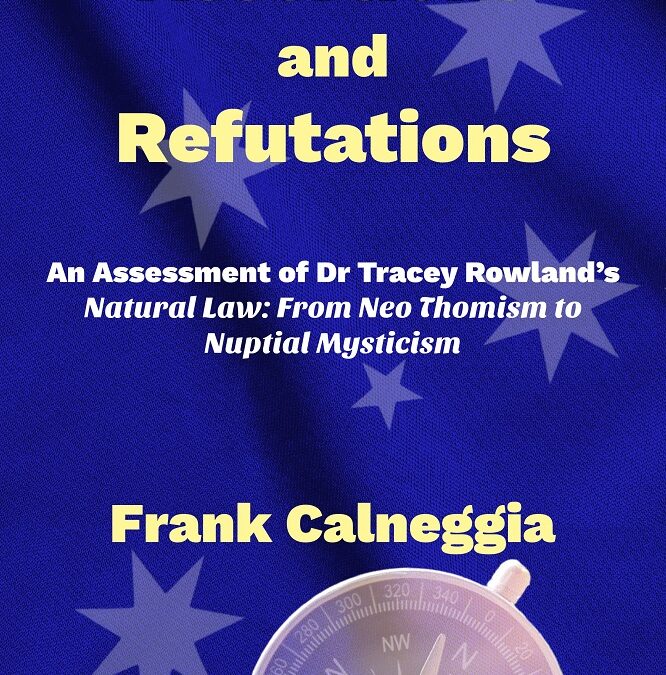
Assertions and Refutations: An Assessment of Dr Tracey Rowland’s Natural Law: From Neo Thomism to Nuptial Mysticism
Assertions and Refutations: An Assessment of Dr Tracey Rowland’s Natural Law: From Neo Thomism to Nuptial Mysticism
by Frank Calneggia
TESTIMONIALS
“I used selected extracts from Frank Calneggia’s analysis and critique of Dr. Tracey Rowland’s book Natural Law: from Neo-Thomism to Nuptial Mysticism in an appendix to my recent book Natural Law – Australian Style. Readers now have the distinct advantage of reading the full text of his work. In it, one will see how thoroughgoing his analysis and critique is. I felt the need only to extract his powerful responses to points made in the early part of his work, which are numbered 1 to 21. In fact, as may be seen on reading his work, he goes on to respond in quite amazing detail to another 130. The popes, especially of recent times, now over a period of more than a hundred and forty years, have endorsed the need for Catholic academics to use our human reason to propound and defend the Natural Moral Law. What I found most impressive in Calneggia’s responses are the number and depth of detail of citations from magisterial documents that he was able to bring to bear in direct refutation of the position of Rowland on Natural Law, and most significantly citations from Pope Benedict XVI, whose work Rowland should know well as she has herself written a book on him. Though Calneggia covers many other significant aspects of her position on Natural Law, that aspect of his response is quite devastating. But, more generally, if it only succeeds in bringing to the attention, not just of modern Catholics but also of all people amenable to reason, what is the true position of the Church on the meaning and place of the Natural Law in the defence of Faith and Morals, this work will in my view prove to be one of the most valuable contributions on the subject.” – Donald G Boland, author of Natural Law – Australian Style
ABOUT THE AUTHOR
OTHER CATHOLIC PHILOSOPHY BOOKS
No Results Found
The page you requested could not be found. Try refining your search, or use the navigation above to locate the post.




 Donald G Boland, Ll. B., Ph. D., is a founding member of the Centre for Catholic Studies Inc. in Sydney, Australia, and served as its president. He practiced for a number of years as a lawyer having a degree in law from the University of Sydney. Over much the same time, having obtained a doctorate in philosophy from the University of St. Thomas in Rome, he has taught philosophy and law in both Catholic and secular educational institutions, such as the University of Technology, Sydney, the University of Newcastle, the Aquinas Academy, the Centre for Thomistic Studies Inc., now operating under the name of the Centre for Catholic Studies Inc., and various Catholic seminaries, such as those of the Marists and the Vincentians.
Donald G Boland, Ll. B., Ph. D., is a founding member of the Centre for Catholic Studies Inc. in Sydney, Australia, and served as its president. He practiced for a number of years as a lawyer having a degree in law from the University of Sydney. Over much the same time, having obtained a doctorate in philosophy from the University of St. Thomas in Rome, he has taught philosophy and law in both Catholic and secular educational institutions, such as the University of Technology, Sydney, the University of Newcastle, the Aquinas Academy, the Centre for Thomistic Studies Inc., now operating under the name of the Centre for Catholic Studies Inc., and various Catholic seminaries, such as those of the Marists and the Vincentians.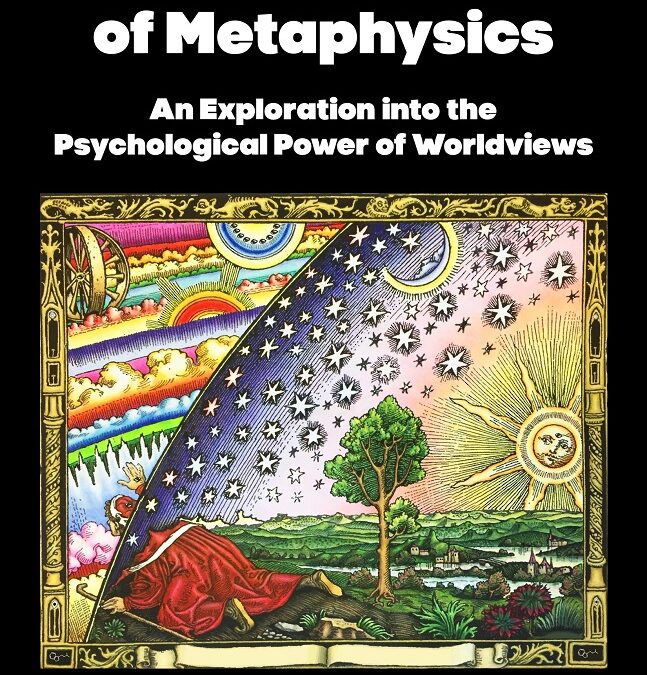
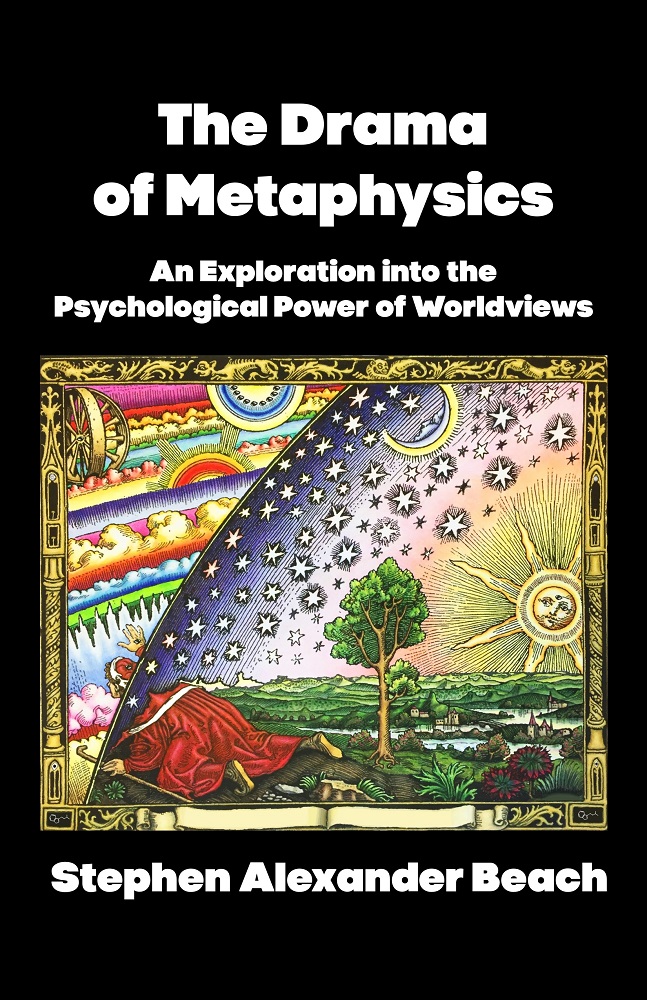


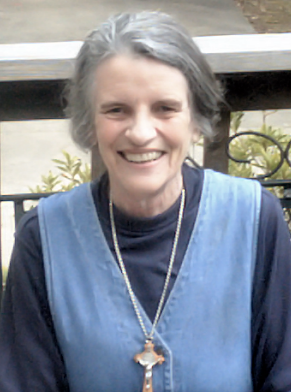 Ronda Chervin has a Ph.D. in philosophy from Fordham University and an M.A. in Religious Studies from Notre Dame Apostolic Institute. She is a convert to the Catholic faith from a Jewish but atheistic background. She has been a professor at Loyola Marymount University, St. John’s Seminary of the Los Angeles Archdiocese, Franciscan University of Steubenville, Our Lady of Corpus Christi, and Holy Apostles College and Seminary in Connecticut. Eighty-five books of hers have been published by Catholic presses in the area of philosophy and spirituality. Dr. Ronda presents on EWTN and Catholic radio. Her many books include
Ronda Chervin has a Ph.D. in philosophy from Fordham University and an M.A. in Religious Studies from Notre Dame Apostolic Institute. She is a convert to the Catholic faith from a Jewish but atheistic background. She has been a professor at Loyola Marymount University, St. John’s Seminary of the Los Angeles Archdiocese, Franciscan University of Steubenville, Our Lady of Corpus Christi, and Holy Apostles College and Seminary in Connecticut. Eighty-five books of hers have been published by Catholic presses in the area of philosophy and spirituality. Dr. Ronda presents on EWTN and Catholic radio. Her many books include 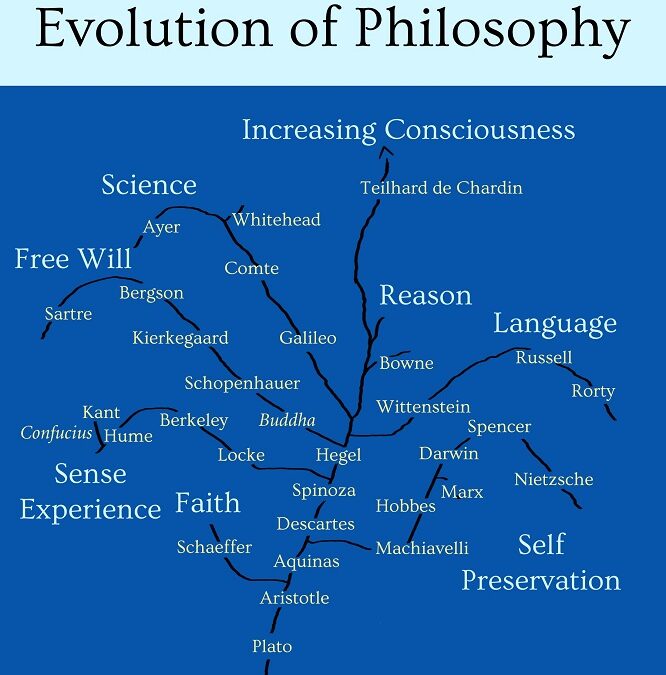


 Joe Provenzano has an M.S. in physics. He has spent much of his life studying the great philosophical thinkers and the tough philosophical and theological questions. Joe also authored How to Believe in God and Science — In Three Easy Steps and co-authored The Fallen Angel Model — Deeper into the Mysteries with Deacon Ron D. Morgan and Dan R. Provenzano (Joe’s son) who has a Ph.D. in physics. Joe may be reached at joepro@proandsons.com
Joe Provenzano has an M.S. in physics. He has spent much of his life studying the great philosophical thinkers and the tough philosophical and theological questions. Joe also authored How to Believe in God and Science — In Three Easy Steps and co-authored The Fallen Angel Model — Deeper into the Mysteries with Deacon Ron D. Morgan and Dan R. Provenzano (Joe’s son) who has a Ph.D. in physics. Joe may be reached at joepro@proandsons.com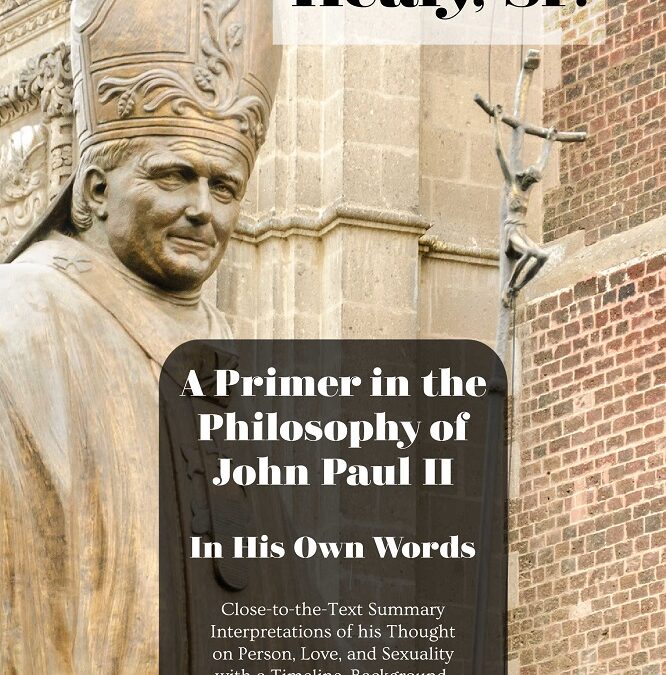
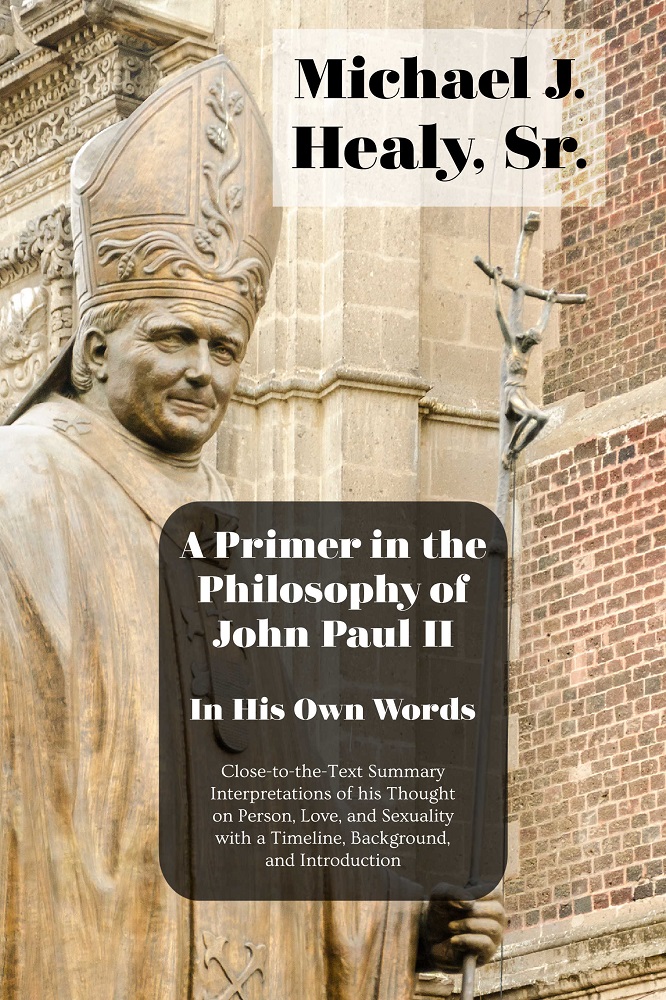
 Dr. Michael J. Healy served as Dean of the Faculty (chief academic officer) under Fr. Michael Scanlan, TOR (President) at Franciscan University of Steubenville from 1986-2000. During the 2002-2003 academic year, he served as interim president of Ave Maria College while on leave of absence from Franciscan University. He then returned to Franciscan to resume his position as full professor of philosophy, where he specializes in philosophy of the person, ethics, existentialism, and philosophy of religion. He has a special love for Kierkegaard, von Hildebrand, and Wojtyla interpreted in light of and in dialogue with the philosophia perennis. His favorite author in the Thomistic tradition is Josef Pieper. His favorite course is The Nature of Love, wherein he uses the works of all four of the above. Dr. Healy earned his B.A. from Loyola University of Los Angeles (1972, now Loyola Marymount University) and his M.A. (1975) and Ph.D. (1978) from the University of Dallas.
Dr. Michael J. Healy served as Dean of the Faculty (chief academic officer) under Fr. Michael Scanlan, TOR (President) at Franciscan University of Steubenville from 1986-2000. During the 2002-2003 academic year, he served as interim president of Ave Maria College while on leave of absence from Franciscan University. He then returned to Franciscan to resume his position as full professor of philosophy, where he specializes in philosophy of the person, ethics, existentialism, and philosophy of religion. He has a special love for Kierkegaard, von Hildebrand, and Wojtyla interpreted in light of and in dialogue with the philosophia perennis. His favorite author in the Thomistic tradition is Josef Pieper. His favorite course is The Nature of Love, wherein he uses the works of all four of the above. Dr. Healy earned his B.A. from Loyola University of Los Angeles (1972, now Loyola Marymount University) and his M.A. (1975) and Ph.D. (1978) from the University of Dallas.